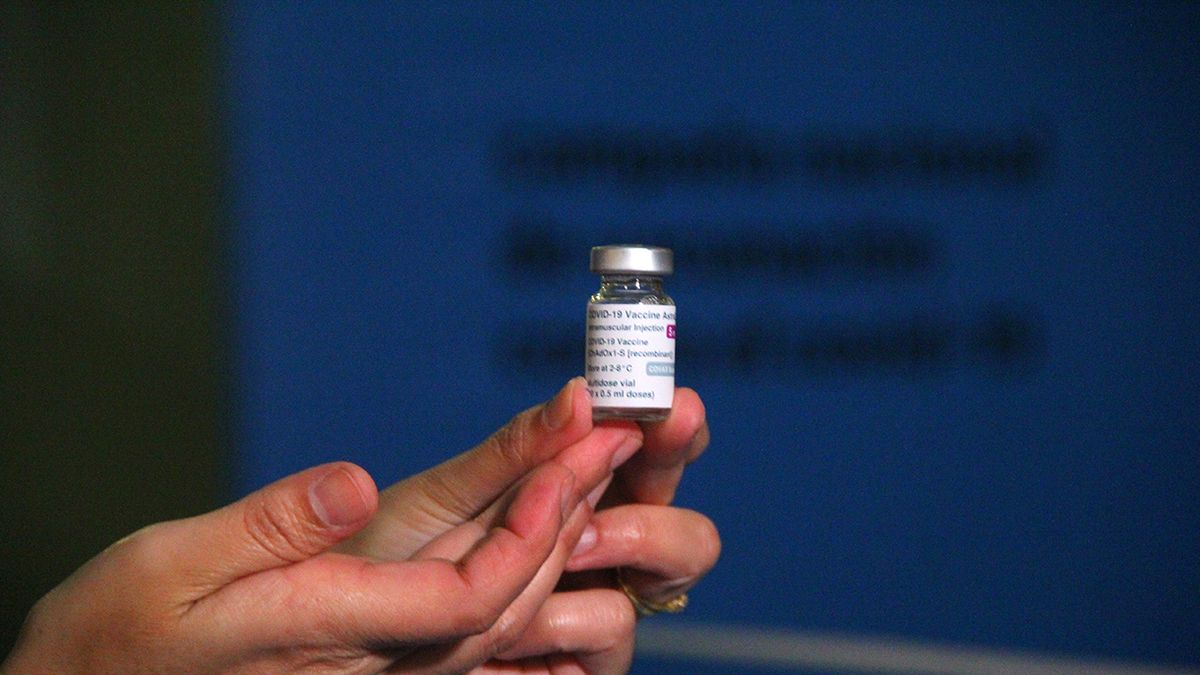Treatment is for immunosuppressed people (in whom the vaccine may be less effective) or for those cases in which the vaccine could not be administered for medical reasons (for example, due to allergic reactions).
The treatment called Evusheld, combines the types of synthesized antibodies (tixagevimab and cilgavimab) and is administered with two consecutive intramuscular injections.
These antibodies help the immune system fight the virus by identifying the Spike protein, which allows it to enter cells to infect them.
The treatment “can be effective as a preventive pre-exposure (to the virus) for six months,” the FDA said.
However, it cannot be administered to an infected person, the drug agency stressed, although AstraZeneca already conducts tests in this regard.
Side effects range from an allergic reaction to injection site bleeding, headaches, and even fatigue.
The FDA authorization is based on a clinical study conducted in unvaccinated people (older than 59 years, with a chronic disease or high risk of infection) of whom about 3,500 received the treatment and 1,700 a placebo. The risk of developing Covid-19 was reduced by 77% with this treatment.
For now, two antibody cocktails, developed by Regeneron and Eli Lilly, are licensed for preventive use in the United States, but only in people who have been exposed to the virus shortly before or who are at high risk of being exposed (employees in prisons, nursing homes, retirement).
In addition to not being vaccinated or immunosuppressed, the people targeted by the new treatment must also be at high risk of developing a severe case of the disease.
Source From: Ambito
David William is a talented author who has made a name for himself in the world of writing. He is a professional author who writes on a wide range of topics, from general interest to opinion news. David is currently working as a writer at 24 hours worlds where he brings his unique perspective and in-depth research to his articles, making them both informative and engaging.




